In the digital era, mobile app stores have emerged as the cornerstone of software distribution, enabling developers to reach users across the globe with their innovative applications. These platforms not only serve as a marketplace for downloading apps but also as a hub for discovering new technologies, services, and entertainment options. The concept of mobile app stores has revolutionized how software is delivered and consumed, making it accessible to anyone with a smartphone or tablet.
The two dominant players for eminent app builders in the mobile app store landscape are Google's Play Store for Android devices and Apple's App Store for iOS devices. Each platform offers a unique ecosystem with millions of apps catering to diverse needs, from productivity and education to gaming and social networking. These stores provide a seamless and secure environment for users to explore and install apps while offering developers a vast audience to showcase their creations.
For developers, understanding the dynamics of mobile app stores is crucial. It involves grasping the policies, monetization options, and the technicalities of app submission and updates. Moreover, the competition within these stores pushes developers to innovate continually and optimize their app store optimization (ASO) strategies to stand out.
Android Versus iOS
In the realm of mobile operating systems, Android and iOS stand as the two colossi, each with its unique ecosystem, including their respective app stores. The Android platform, with its Google Play Store and Apple's iOS, serve as the primary gateways for app distribution and discovery. Understanding the distinctions between these platforms is crucial for both Android App Makers and users, as each offers different opportunities and challenges.
App Store for Android vs. iOS's App Store
The Google Play Store, the app store for Android, and Apple's App Store are the lifelines of their respective ecosystems, offering millions of apps to users worldwide. While both stores serve the same fundamental purpose, their approach and policies vary significantly. The Play Store is known for its more open and flexible nature, allowing developers an easier submission process. In contrast, the App Store is often cited for its stringent review processes, aimed at ensuring a high-quality app marketplace but sometimes criticized for being overly restrictive.
What is the App Store for Android?
The Google Play Store, often referred to as the app store for Android, is not just a marketplace but a platform that offers various features and benefits to both users and developers. It supports a wide range of apps, games, books, and more, providing a comprehensive ecosystem. One of the key benefits of the Play Store is its integration with Google's services, such as Google Play Protect, which enhances app security and user safety.
Free App Store: Availability of Free Apps
When comparing the availability of free apps, both platforms offer a vast selection, but the Android ecosystem, due to its open nature, tends to have a higher number of free apps and more flexibility in app monetization strategies for developers. This availability is partly because Android allows developers to distribute their apps through alternative app stores, where different monetization strategies can be more freely explored.
Try making an app using AI App Generator.
Android App Stores: Diversity Versus Singularity
One of the most significant differences between Android and iOS is the diversity of app stores available on Android compared to the singular App Store for iOS. Besides the Google Play Store, Android users can download apps from third-party app stores like Amazon Appstore, Samsung Galaxy Store, and more, each offering unique apps, deals, and user experiences. This multiplicity not only provides Android users with a broader range of apps but also offers developers multiple channels to distribute their applications, potentially reaching a wider audience.
This diversity in app stores underlines the broader philosophical differences between Android and iOS: openness versus control. Android's openness fosters a more diverse and customizable ecosystem, offering both opportunities and challenges regarding app discovery, security, and user experience. In contrast, iOS's controlled environment aims to provide a secure, curated experience at the cost of flexibility and choice.
App Submission and Listings
The journey from app development to its successful listing on app stores encompasses several critical steps, each requiring careful attention to detail and strategic planning. This section outlines the seamless transition from developing your app to launching it on the app stores, focusing on the Android platform but applicable across other platforms with specific nuances.
App Development: The Foundation
The mobile application development process is the bedrock upon which your app's success is built. It involves ideation, planning, designing, coding, and testing. Before even thinking about app submission, ensure your app offers value, boasts a user-friendly design, is thoroughly tested across different devices for bugs, and meets the specific guidelines of the platforms on which you intend to launch it. This phase is crucial for laying a solid foundation that aligns with both user expectations and platform standards.
How To Launch Your App: A Step-by-Step Guide
Learning how to launch your app involves several key steps that transition your project from development to the hands of the end-users:
- Preparation: Before submission, prepare all the necessary metadata, including app descriptions, icons, screenshots, and privacy policies. This information is crucial for the app review process and for attracting users on the app store.
- Compliance: Ensure your app complies with the specific guidelines of each app store. This includes data privacy, security standards, and content guidelines. The Google Play Store and Apple's App Store have detailed guidelines that must be adhered to for successful app submission.
- Testing: Utilize the beta testing features offered by app stores to gather user feedback and make necessary adjustments. Both Google Play and the App Store offer tools for distributing your app to a select group of testers.
- Submission: Submit your app for review, including all necessary documentation and metadata. Be prepared to respond to any queries from the app store review team.
Publish Your App on App Stores: Final Steps
Once your app passes the review process, it's time to publish your app on App Stores and focus on the final steps for publication:
- Optimization: Optimize your app listing with keywords, compelling descriptions, and high-quality screenshots to improve its visibility and attractiveness to potential users.
- Pricing and Monetization: Decide on your payment solutions and monetization strategy. Whether it’s a free app with in-app purchases, a paid app, or ad-supported, clearly define how you plan to generate revenue.
- Launch: Upon approval, schedule your app's launch date. Use this time to ramp up marketing efforts and generate anticipation among potential users.
Learn how to make an app for your online store - a complete tutorial.
Preparing Your App for Download on Android Platforms
For Android developers, preparing your app for download involves a few additional considerations. Since Android allows for distribution through multiple app stores, developers have the opportunity to reach a wider audience beyond just the Google Play Store. However, this also means preparing for the specific requirements of each platform, from Amazon Appstore to Samsung Galaxy Store. Ensure your app is optimized for different store policies, device compatibility, and submission guidelines. Additionally, leverage Google Play's Developer Console to manage your app effectively, track its performance, and gather insights that can inform future updates.
Designing Your Mobile App Stores Strategy
When you decide to make an app , expanding your mobile app's reach beyond a single platform can significantly enhance its visibility and download rates. By strategically placing your app across various app stores, including those specific to Android, you not only tap into a larger audience but also ensure that your app remains accessible to users even as they switch between devices or operating systems. This approach eliminates potential barriers to entry, fostering a seamless transition for users and enhancing their loyalty to your app.
However, mere presence across multiple app stores does not guarantee visibility. The key to making your app stand out lies in meticulous optimization for searchability within each app store. This process begins with crafting a compelling app name and description, incorporating keywords that accurately reflect your app’s functionality and are likely to be used by potential users during their search.
To further enhance your app's discoverability, it's crucial to utilize every feature and field provided by the app stores. This includes not only the basic information about your app but also any additional metadata fields like keywords or tags, which can vary from one store to another. Tailoring your app’s listing to the specific requirements and opportunities of each store ensures that your app can be easily found and appreciated by a wider audience.
Encouraging user reviews and ratings is another strategic move that can significantly impact your app’s visibility. Positive reviews and high ratings not only build trust among potential users but also contribute to higher rankings in search results within many app stores. Engaging with your user base and encouraging them to share their experiences can be a powerful tool in enhancing your app’s reputation and discoverability.
Lastly, the visual presentation of your app plays a crucial role in attracting users. Ensuring that your app’s icons, screenshots, and promotional images are optimized for the display standards of each app store is essential. Adhering to recommended image ratios and ensuring high-quality visuals will prevent your app from appearing unprofessional due to pixelated or improperly scaled images, thereby increasing its appeal to potential users.
Expanding your app’s presence across multiple platforms and optimizing its listing for each app store's search algorithms are critical steps in maximizing its visibility and success. By carefully selecting keywords, customizing your app’s metadata, encouraging user engagement, and perfecting its visual presentation, you can significantly enhance your app's discoverability and attractiveness to a diverse audience.
The Ultimate Mobile App Stores List
- Google Play Store
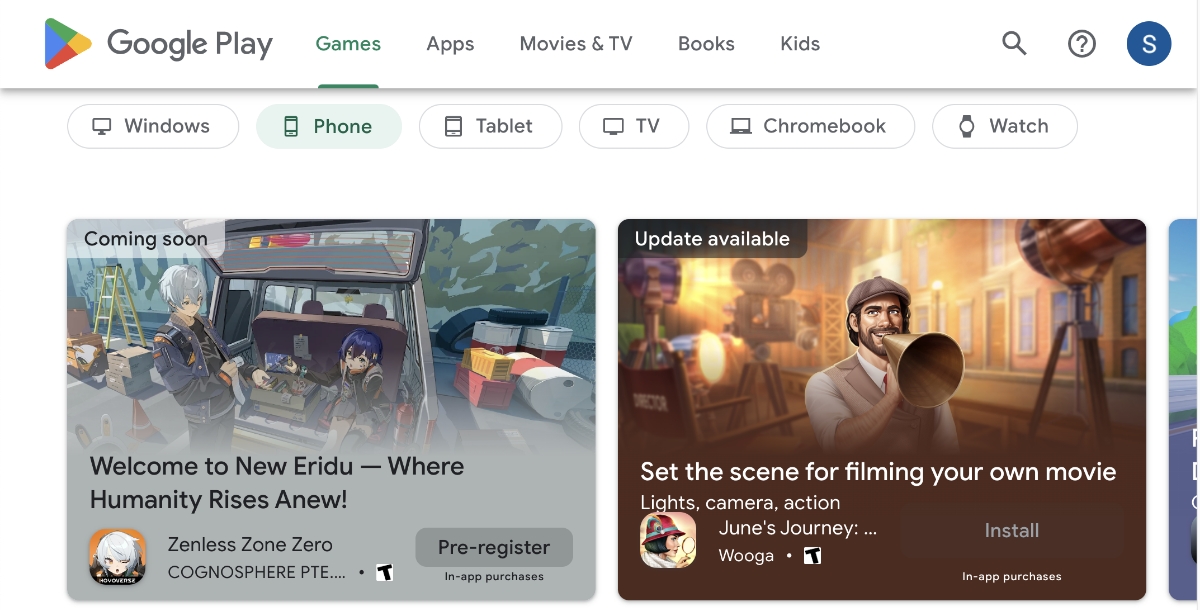
The Google Play Store stands as the premier platform for distributing Android applications, serving as a pivotal element in the Android ecosystem. Launched by Google in 2008, initially as the Android Market, the Play Store has evolved significantly, offering not just applications but also books, music, movies, and more. Its global availability makes it accessible to users worldwide, providing a vast array of apps across various categories including productivity, entertainment, lifestyle, and education.
- Apple App Store
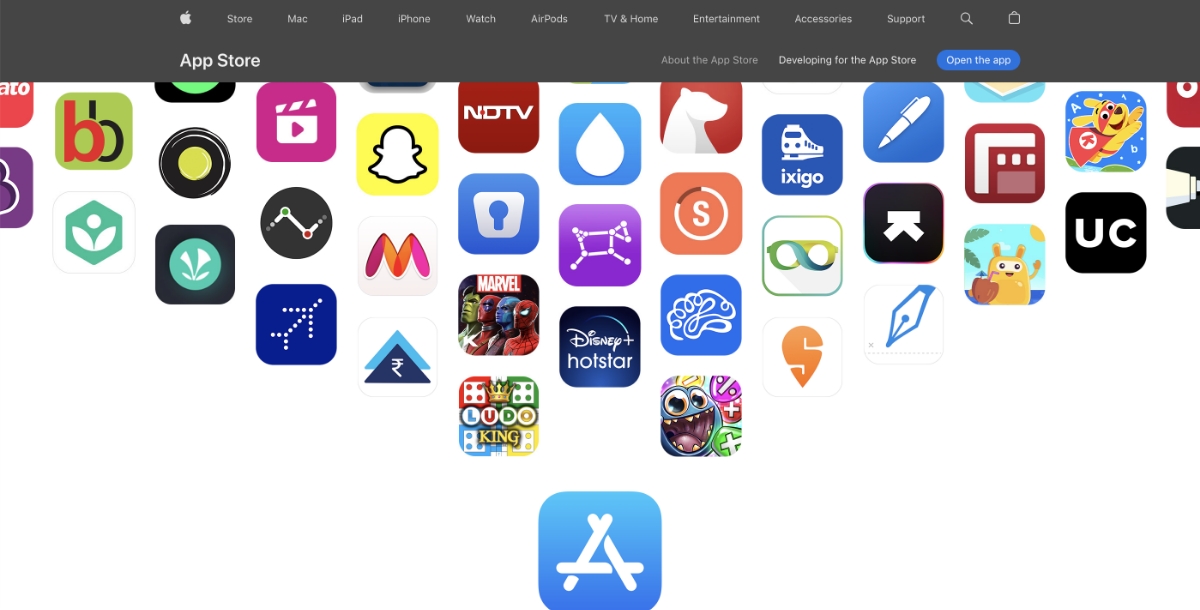
Introduced in 2008, the Apple App Store is the exclusive platform for iOS applications, catering to users of iPhone, iPad, and other Apple devices. It has played a critical role in the proliferation of mobile apps, setting high standards for app quality and security. The App Store is renowned for its curated selection, ensuring that all apps meet Apple's stringent quality and design guidelines.
- Amazon Appstore
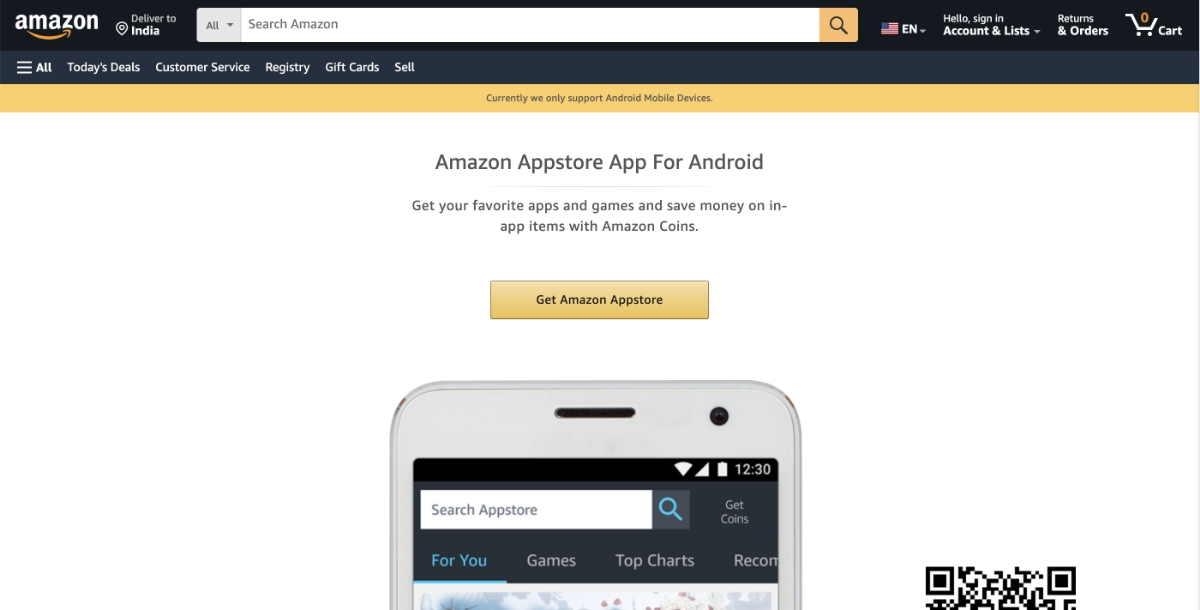
The Amazon Appstore serves as a significant competitor to the Google Play Store, offering a wide range of apps for Android devices as well as Amazon’s proprietary devices like Fire tablets and Fire TV. It’s known for featuring exclusive apps and offers, including the “Free App of the Day,” which has been replaced by Amazon Underground where both apps and in-app purchases are free. The Appstore is an integral part of Amazon's ecosystem, providing a curated selection of apps optimized for Amazon’s devices.
- Samsung Galaxy Store
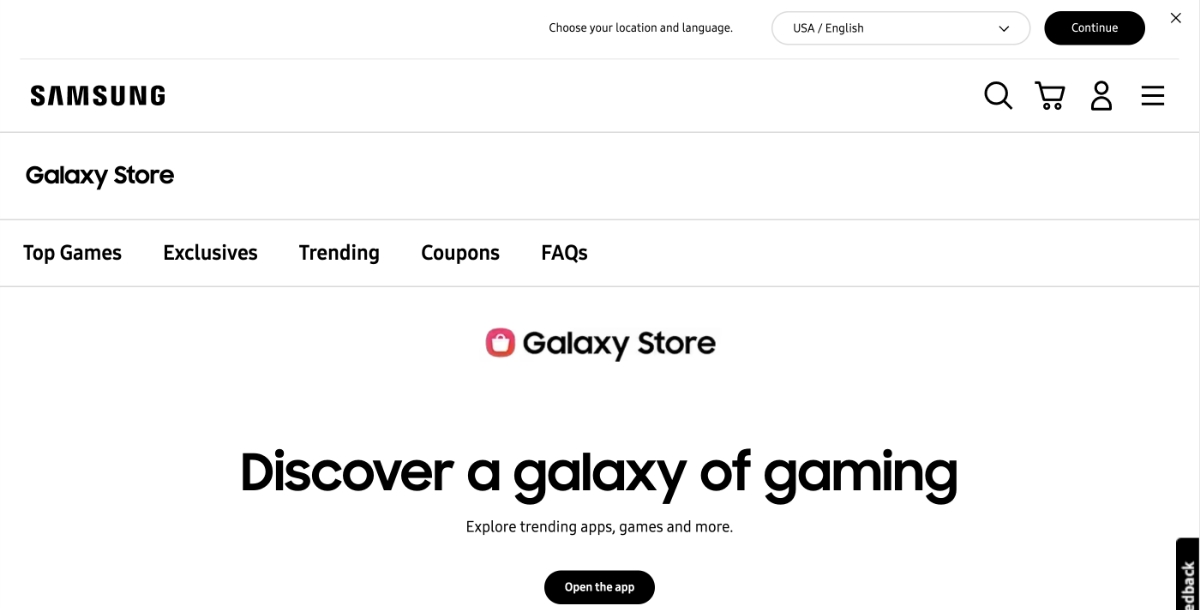
The Samsung Galaxy Store is tailored specifically for Samsung device users, including smartphones, tablets, and wearable devices. It offers a mix of apps, themes, and other content designed to enhance the Samsung user experience. Exclusive offers, promotions, and apps specifically designed for Samsung’s hardware (like camera apps, stylus apps, and health apps) set the Galaxy Store apart from other Android marketplaces.
- Huawei AppGallery
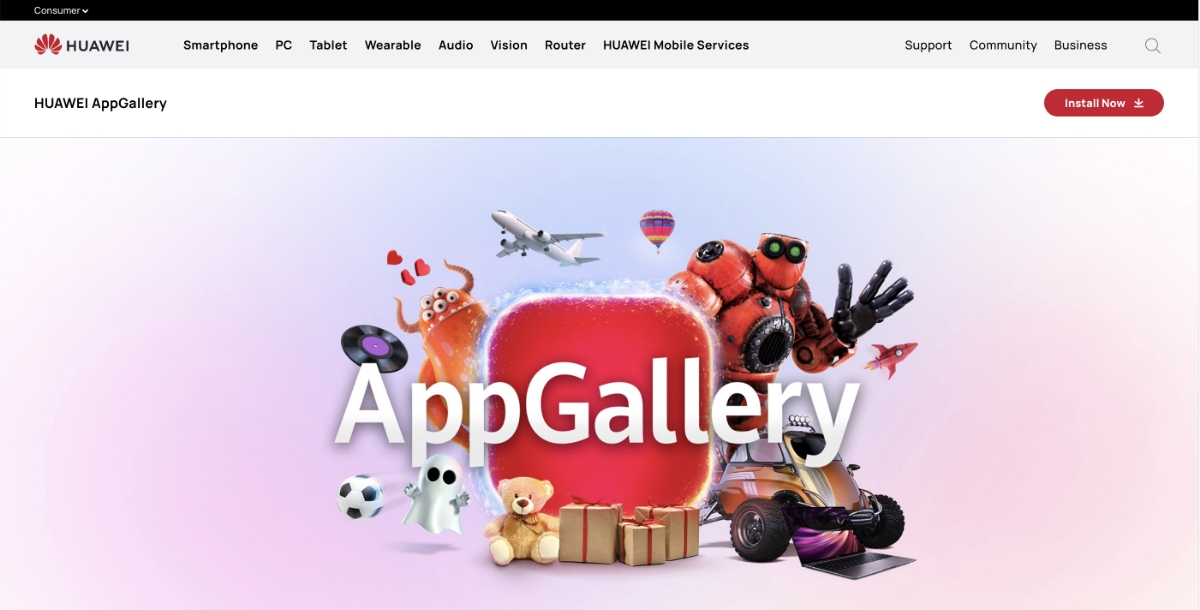
With Huawei's growing market share and the recent restrictions on using Google services, Huawei AppGallery has become an essential platform for Huawei and Honor device users. It’s Huawei's official app store, offering a wide selection of apps that are curated to ensure safety and quality. The AppGallery is part of Huawei's larger ecosystem, which includes cloud services, a video service, and more, aiming to provide a holistic experience for its users.
- Aptoide
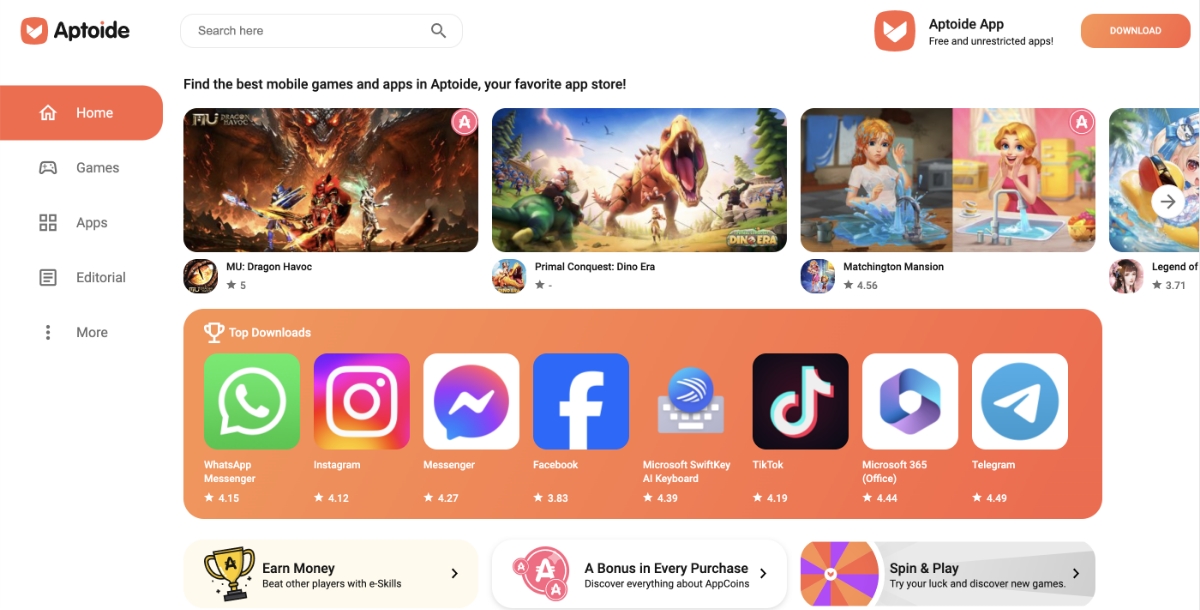
Aptoide is an independent app store with a unique proposition; it allows users to manage their own stores within the app, offering a platform for both developers and users to distribute Android apps. Aptoide’s community-driven approach provides a space for apps that might not be available on Google Play, either due to regional restrictions or Google’s policies. With its emphasis on openness, Aptoide has grown to host over a million apps with billions of downloads.
- SlideME
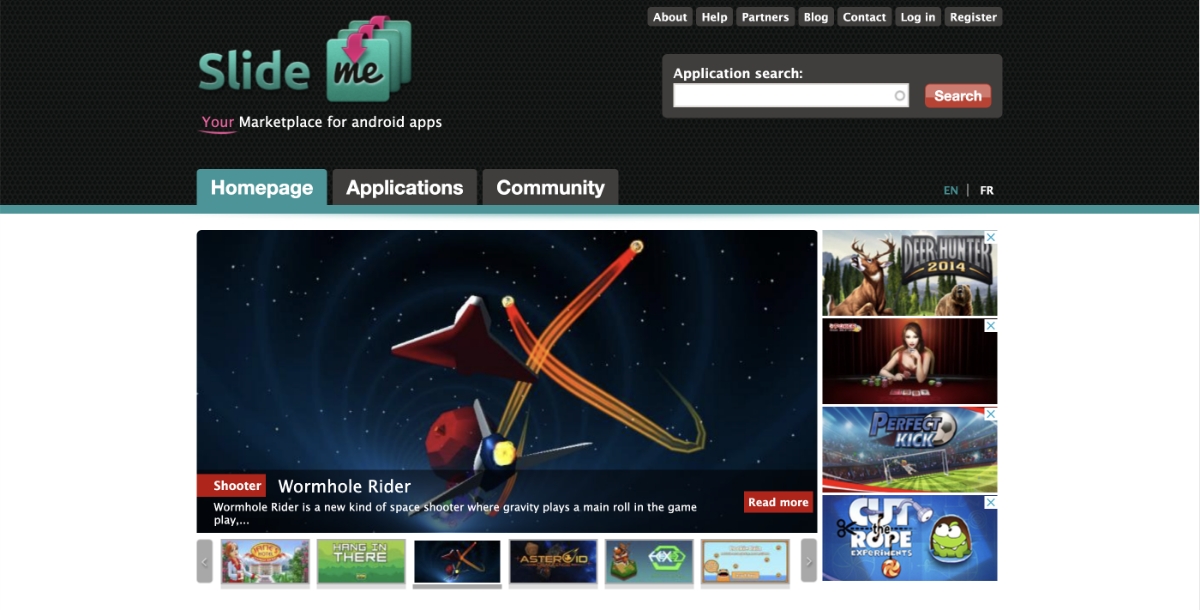
As one of the oldest third-party Android app stores, SlideME has carved a niche for itself by focusing on quality over quantity. It offers a curated selection of niche and alternative apps that might not be present on larger platforms. SlideME’s global reach and support for multiple payment methods make it a popular alternative for both developers and users looking for specialized apps.
- GetJar
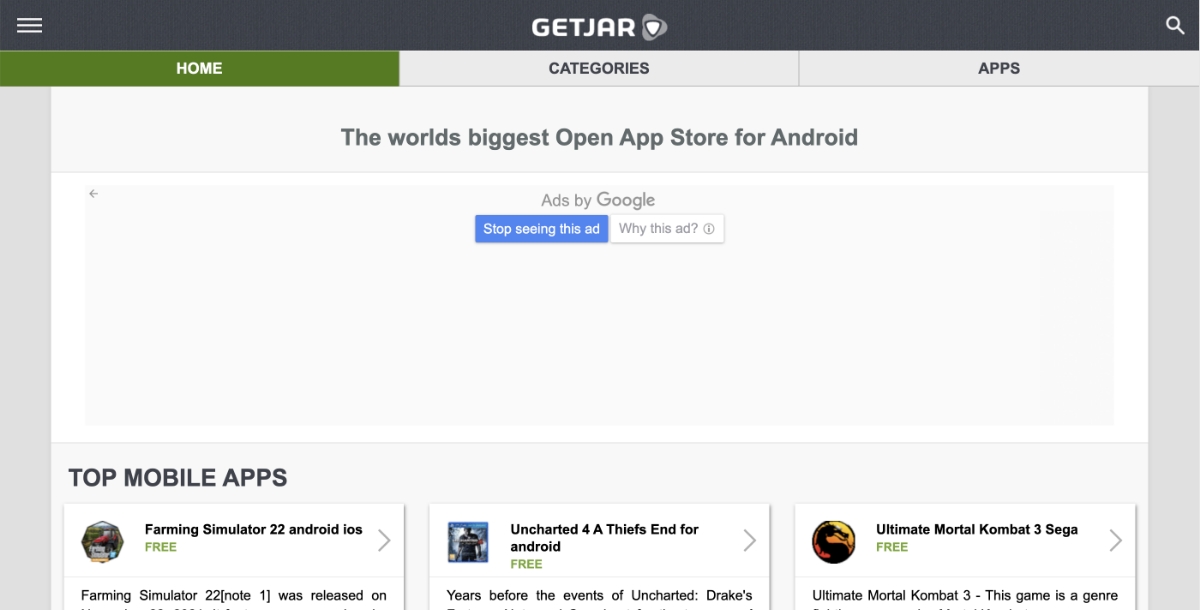
GetJar is one of the pioneers in mobile app stores, initially starting as an app beta testing platform. It has evolved to offer a wide range of free apps for Android, BlackBerry, Windows Mobile, and even Java ME devices. GetJar categorizes apps across different genres and provides recommendations, making it easier for users to discover new apps.
- Opera Mobile Store
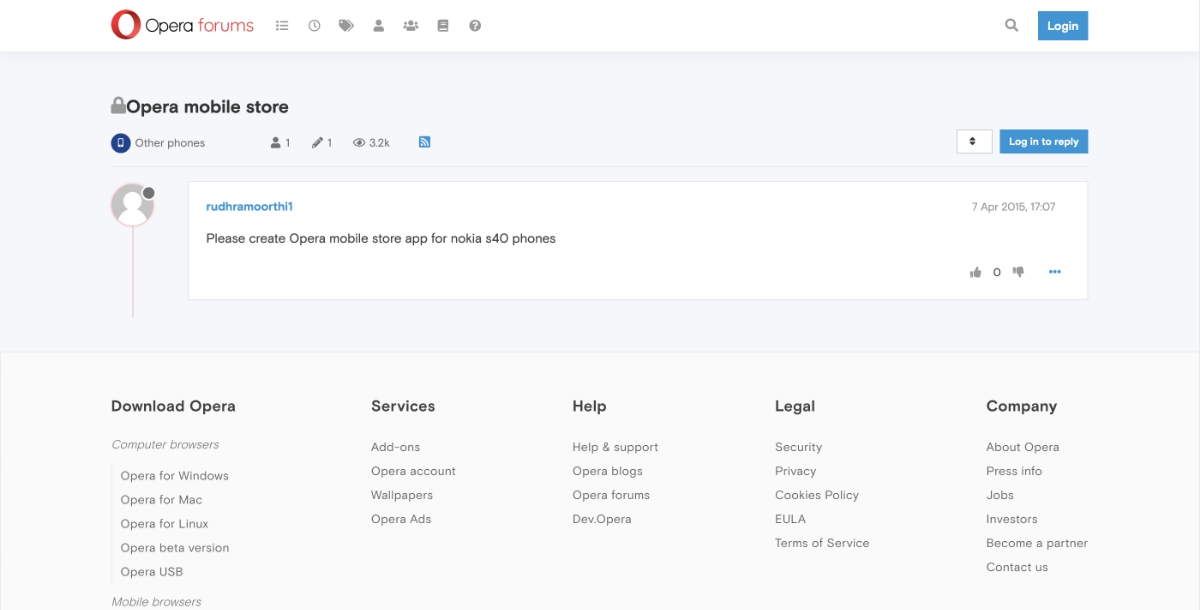
Powered by one of the oldest web browsers, the Opera Mobile Store offers a wide selection of apps for Android, iOS, BlackBerry, and other platforms. Accessible from any web browser, the Opera Mobile Store presents a straightforward, easy-to-navigate interface that allows users to explore and download a variety of apps. The store benefits from Opera’s global user base, offering a significant audience for app developers.
- F-Droid
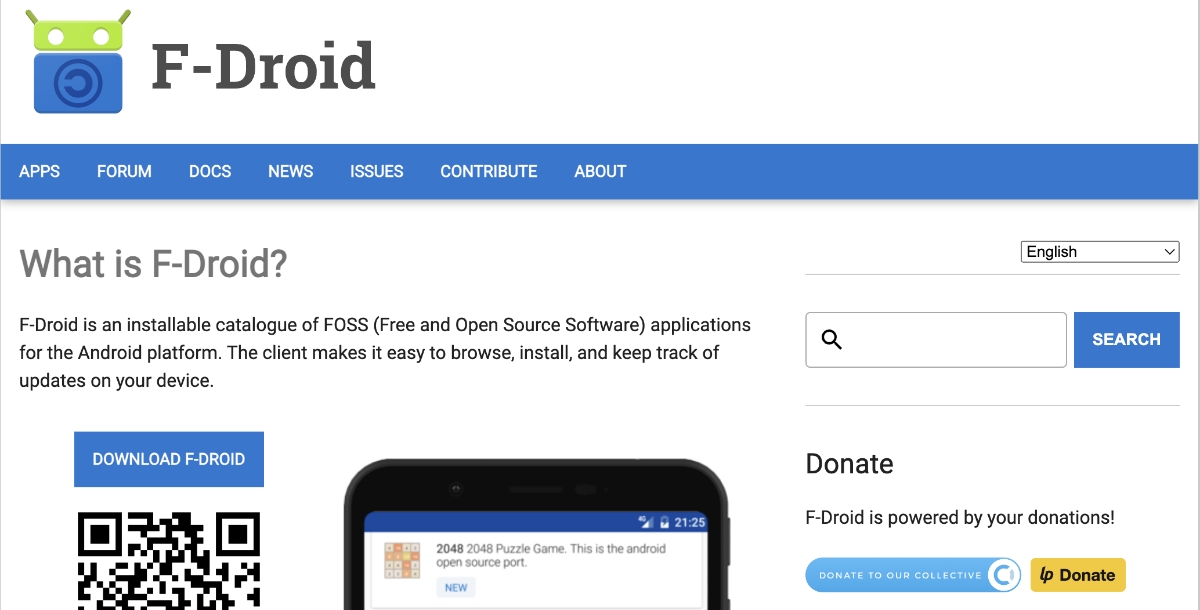
F-Droid is a unique app store that caters specifically to the Android platform, with a strong focus on offering free and open-source software (FOSS). Unlike mainstream app stores, F-Droid is run by volunteers and relies on donations for its operation. It's a haven for privacy-conscious users and developers who value open-source ethics, allowing anyone to inspect, modify, and enhance the software available on the platform. F-Droid not only provides a platform for downloading apps but also encourages the development and sharing of open-source software. It's an essential resource for those looking to avoid proprietary software, offering everything from productivity apps and utilities to games and media tools.
- Itch.io
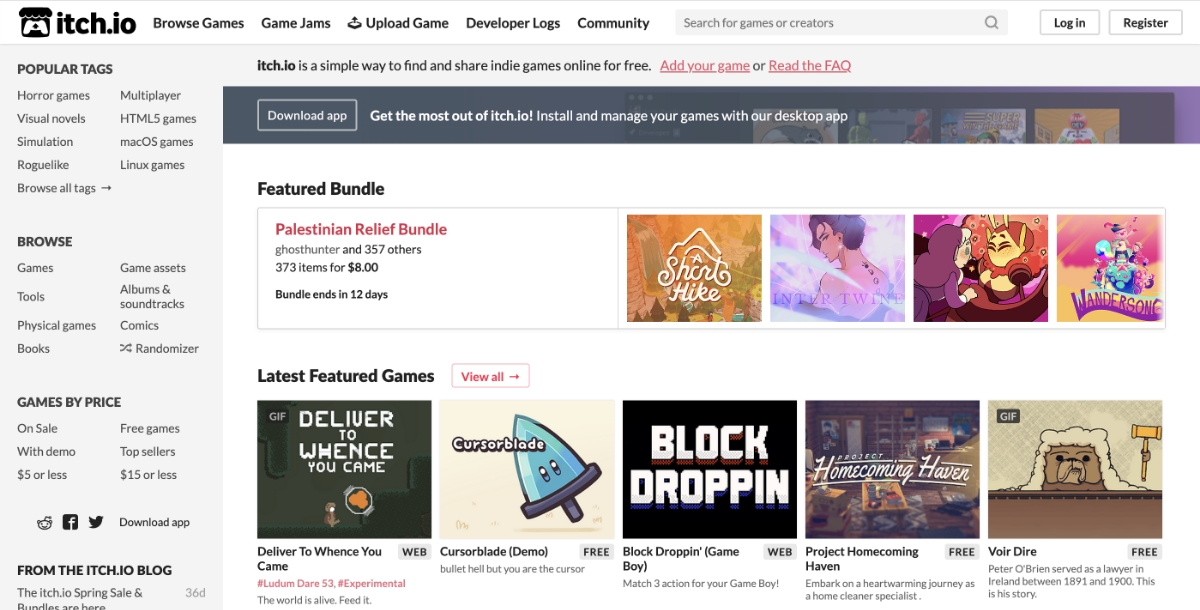
Itch.io is renowned as a platform that champions indie games and software, providing a space for independent developers to showcase and sell their creations. It supports a variety of platforms including Android, Windows, macOS, Linux, and even web browsers. Itch.io stands out for its developer-friendly approach, offering flexible pricing models where creators can set their own prices and even choose to offer their games for free. The platform is known for its vast, eclectic collection of indie games ranging from visual novels and simulations to action and adventure games. Itch.io is more than just a marketplace; it's a community where developers and gamers can connect through forums, game jams, and direct feedback.
- IndieGala
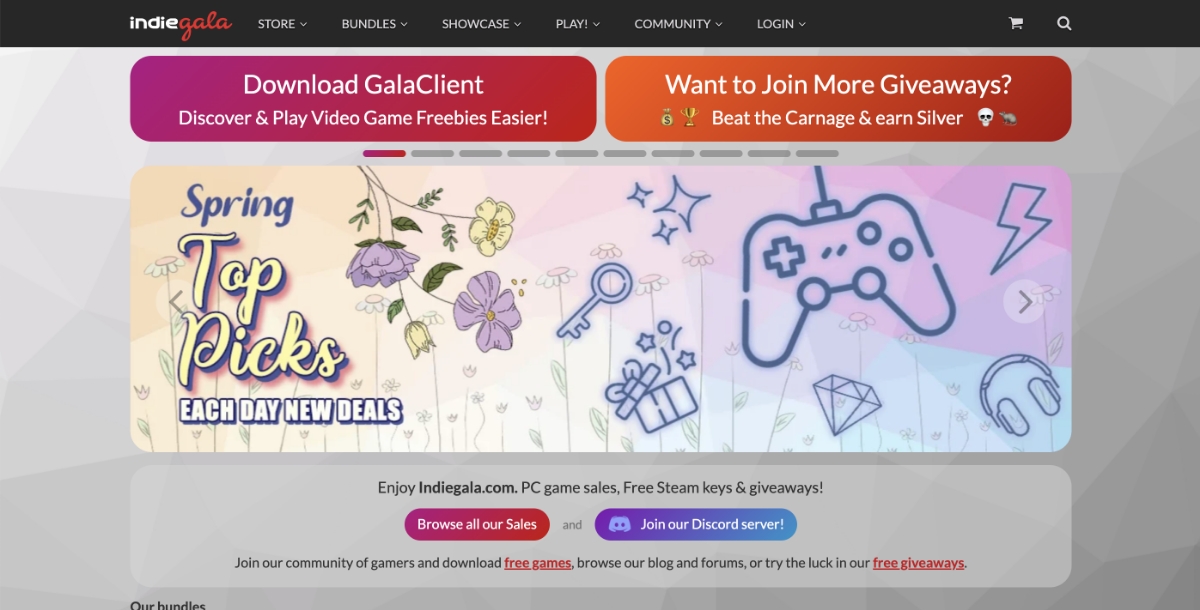
IndieGala primarily serves as a platform offering game bundles, allowing users to purchase multiple games at a discounted price. While it's best known for these bundles, IndieGala also features a dedicated section for Android indie games, providing an avenue for mobile gamers to discover and enjoy indie titles. The platform often includes games from independent developers across various genres, offering them at attractive prices. Besides game bundles, IndieGala also has a store where users can buy individual games, often at discounts. It's a popular choice among gamers looking for great deals on indie games and supports developers by giving them a platform to reach a wider audience.
- VIVEPORT
VIVEPORT is HTC's dedicated app store for VR content, designed to be compatible with VIVE headsets as well as the Oculus Rift. It offers a wide range of VR experiences, from games and educational apps to artistic and exploratory environments. VIVEPORT provides a subscription service, allowing users to experience multiple VR titles at a monthly fee, offering a cost-effective way to explore a variety of content. The platform also hosts VIVEPORT Infinity, a subscription model that gives users unlimited access to a vast library of VR content. For developers, VIVEPORT offers a unique opportunity to distribute their VR apps and games to a global audience, with support for various monetization options.
- Oculus Store
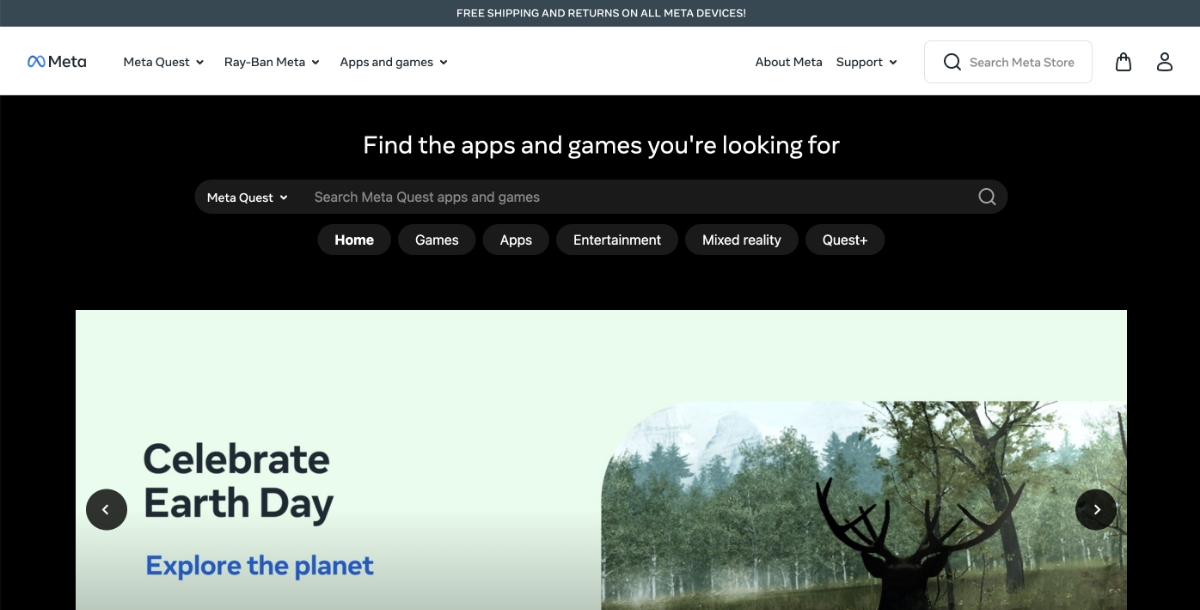
The Oculus Store is the official marketplace for VR content for Oculus VR headsets, including the Oculus Rift, Oculus Quest, and Oculus Go. It offers a wide selection of apps and games specifically designed to provide immersive virtual reality experiences. From high-octane action games and intricate puzzles to educational applications and social VR platforms, the Oculus Store serves as a one-stop-shop for all things VR. The store features both free and paid content, with frequent updates and new releases to keep the ecosystem vibrant and engaging. For developers, the Oculus Store presents a platform to showcase their VR projects to a dedicated and growing community of VR enthusiasts.
- Microsoft Store
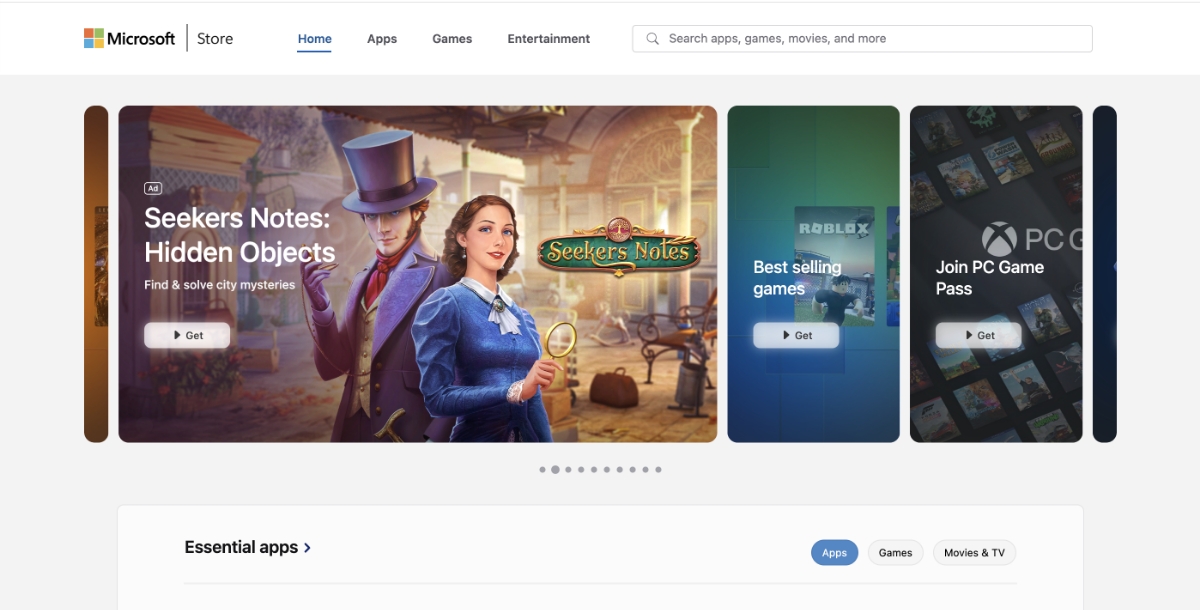
The Microsoft Store, previously known as the Windows Store, is Microsoft's official online marketplace. While it is primarily recognized for offering applications for Windows operating systems, including Windows 10 and Windows 11, it also hosts a selection of mobile apps designed for Windows Mobile devices. Although Microsoft has scaled back its mobile operating system efforts, the Microsoft Store continues to serve as a hub for downloading various applications, from productivity software and utilities to games and entertainment apps. For developers, the Microsoft Store provides a unified platform to distribute their Windows and mobile applications to a broad audience, offering tools for monetization, analytics, and promotion. The store emphasizes security and compatibility, ensuring that apps meet Microsoft's standards for quality and performance.
- BlackBerry World

BlackBerry World is the official app store for BlackBerry devices, focusing primarily on business and productivity applications. It caters to the needs of BlackBerry users by offering a wide range of apps that enhance work efficiency, including email clients, document editors, and organizational tools. Despite the decline in BlackBerry's market share in the smartphone industry, BlackBerry World remains a critical resource for users of BlackBerry's proprietary operating systems. The platform emphasizes security, a hallmark of the BlackBerry brand, making it a trusted source for professional and enterprise applications. As BlackBerry has shifted its focus towards software and services, BlackBerry World plays a significant role in supporting the existing user base by providing access to essential applications and updates.
- Appaloosa

Appaloosa is an enterprise app store designed to facilitate the secure distribution of private, corporate apps within an organization. It addresses the need for businesses to manage and distribute internal applications to their employees without publishing them on public app stores like Google Play or the Apple App Store. Appaloosa offers a suite of tools for app management, including deployment, updates, and security controls, ensuring that only authorized users can access and download the apps. This platform is particularly useful for companies with a mobile workforce or those that use custom-built applications for internal processes. Appaloosa helps streamline the distribution process, simplifies app updates, and enhances security by keeping sensitive corporate apps and data within a controlled environment.
- Mobango
Mobango is a user-generated content platform that allows users to upload, share, and download applications and games for Android, Java, BlackBerry, and Symbian devices. As one of the few app stores that cater to older mobile operating systems, Mobango provides a valuable resource for users of devices that are no longer supported by mainstream app stores. The platform operates on a community-driven model, where users can discover a wide range of content, from mainstream apps to niche and indie games. Mobango's emphasis on user-generated content fosters a diverse ecosystem of applications and games, making it a unique destination for users looking for alternative or hard-to-find apps. Despite the dominance of major app stores, Mobango continues to serve a dedicated user base seeking content for legacy mobile platforms.
Final Thoughts
Successfully launching your app across mobile app stores is a pivotal moment, yet it marks just the beginning of its journey. A strategic approach to publication, coupled with ongoing adaptation and optimization, is crucial for standing out in a crowded marketplace.
Publishing Your App on App Stores is a nuanced process, demanding an understanding of each platform's unique guidelines and opportunities. It’s essential to tailor your strategy to fit these parameters, enhancing your app’s visibility and appeal.
Offering student discounts is a smart tactic for targeting younger demographics, boosting your app's popularity through word-of-mouth, and building a loyal user base. Engaging with platforms like Appy Pie Experts can provide valuable insights into app store optimization (ASO), ensuring your app meets the visibility and user experience standards critical for success.
Remember, the digital landscape is ever-changing. Continuous monitoring, user feedback analysis, and readiness to evolve are key to maintaining relevance and achieving long-term success in the mobile app ecosystem.
Related Articles
- OpenBias: Open-set Bias Detection in Text-to-Image Generative Models
- Top 10 Real-world Applications of Large Language Models
- The Beginner’s Guide to Inspect Element in Chrome, Safari, & Firefox
- Rose Gold Color Secrets: Hex Code, Combinations, and Enduring Appeal
- Best Free Hashtag Generator for Instagram, TikTok & Twitter
- History of Orange Color in Graphic Design: 25 Best Colors that go with Orange Color
- Mobile Website Or Mobile App – Which Must You Build First?
- What is CSR? [7 Examples of Corporate Social Responsibility Done Right]
- Understanding and Fixing 403 Errors Like a Pro (+Bonus Glossary)
- How to Catch Pokémon? [18 Tips to Catch Legendary Pokemon]

